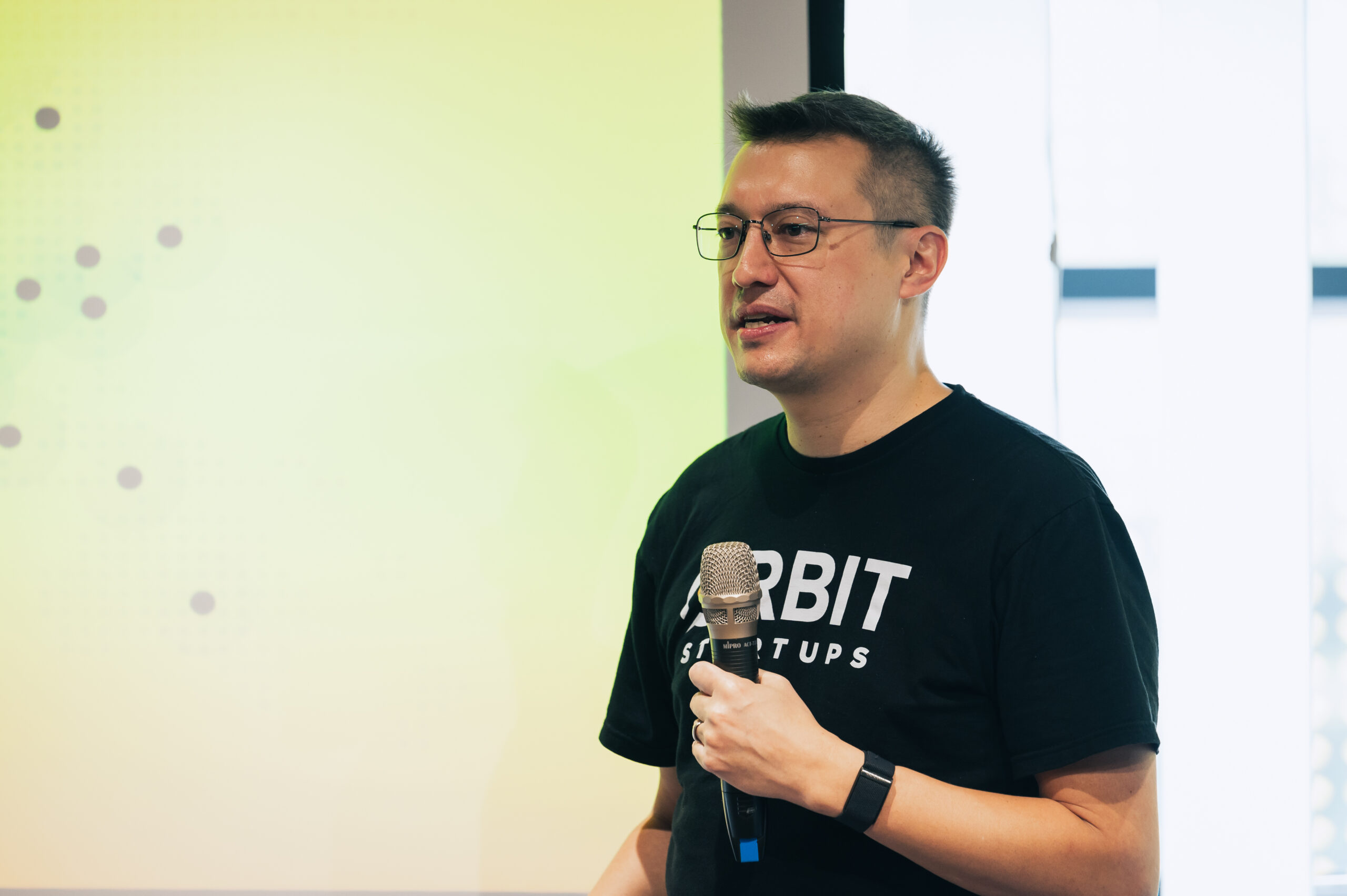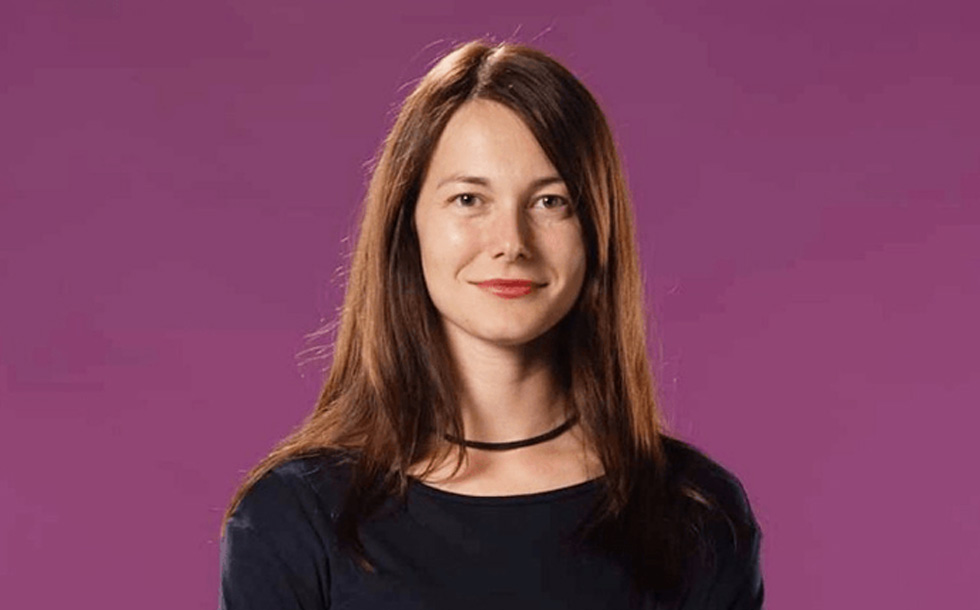Asia isn’t just part of the global startup future—it’s a proving ground for scalable, real-world innovation.
At the London Venture Capital Summit’s “Asian Startup Revolution” panel, Orbit Startups’ Managing Partner Oscar Ramos joined VCs Naoki Kamimaeda of Global Brain Corporation, Vashali Shroff of Simsan Ventures to break down the shifts happening across the region’s innovation ecosystems—from embedded finance and AI to supply chain resilience and sustainability.
The conversation, moderated by Peter Machona of Ultrasound Ventures, sent a clear signal: Asia’s founders aren’t just adapting to the global challenges —they’re building the infrastructure to solve them.
Asia’s Complexity Isn’t a Bug: It’s a Feature
With over 4.5 billion people, dozens of writing systems, and more cultural, geographic, and regulatory diversity than any other region, Asia demands localized execution and cross-border strategy. But this complexity is a feature, not a bug.
What unites Asian founders isn’t uniformity—it’s resilience. From South Asia to Southeast Asia, many founders grow up in resource poor environments with low infrastructure. That pressure shapes technically skilled, highly motivated entrepreneurs to have a sharp focus on execution.
“You don’t have to subsidize motivation,” Oscar adds, referencing Orbit-backed ELSA Speak (Orbit 2017), an AI-powered English learning platform that’s scaled rapidly across multiple Asian markets. ELSA’s deep learning algorithms provide personalized language coaching that adapts to users’ accents and skill levels—helping millions improve communication skills crucial for career advancement. “People will pay because they know it’ll 2-3x their income by opening up better job and business opportunities,” Oscar explains.
AI Is the Tool—Not the Headline
Oscar emphasizes that AI’s true value in emerging markets isn’t about building foundational models. Instead, it’s about applying AI to specific domains—like logistics, financial infrastructure, and distribution—where it solves concrete problems and enables scalable impact. “Security, annotation, infrastructure—these are where the real opportunities lie.” In emerging market contexts, AI isn’t optional—it’s essential for scaling impact. An example from Vashali is Titan Diagnostics who partner with railway systems to deploy diagnostic labs at scale into AI‑powered diagnostic hubs for chronic disease care.
From Orbit’s portfolio, in India, Flashaid (Orbit 2023) uses AI to optimize hospital selection and ambulance routing, improving emergency response times by factoring in real time traffic, location, and capacity data. In Bangladesh, Fashol (Orbit 2023) digitizes agricultural supply chains to reduce waste and increase value capture for farmers.
Cross-Border Is the New Default
Japan and Korea are beginning to strengthen ties in their startups ecosystems, with founders and investors increasingly traveling between Seoul and Tokyo to exchange deals.
But as Naoki noted, “Asia is not unified like the EU.” Each market must be cracked individually—with local GTM strategies, distribution partnerships, and cultural fluency. As for where to go, the roadmap isn’t linear—it’s strategic. “Look for the pain point, then find where the early adopters live,” Oscar advises. That might mean launching in a secondary city in India before moving into the Middle East. The roadmap isn’t linear—it’s strategic.
Oscar also points to the growing global influence of Asian digital content and IP. Tappytoon (Orbit, 2016), which licenses Korean webtoons for international audiences, is proving how regional creativity can scale globally—tapping into fan-driven demand for serialized storytelling beyond borders. Oscar notes the creative economy in Asia is just getting started.
ESG and SDGs: Back to First Principles
ESG in Asia has too often drifted into checkbox territory, with founders forced into compliance theater instead of real impact. “We’ve lost the plot,” Oscar says bluntly, pointing out that ESG targets often overshadow results. In emerging markets, key impact measures such as climate and gender targets must be grounded in real solutions, not optics.
The most effective founders ground ESG in lived experiences. For instance, Frontier Markets, a rural commerce platform enabling market access for unbanked women in India – is building for survival: enabling access to digital tools, financial services, and health products for unbanked women.
Fragmented Markets Take a Community-based Approach
Orbit backs exceptional founders solving urgent problems and builds founder communities that will lift the entire ecosystem. “The best founders are our best support system,” Oscar says, reflecting on how Orbit’s network of entrepreneurs support each other across borders—trading insights on everything from payment flows to talent retention. “They find solutions before the problem hits the headlines.”




